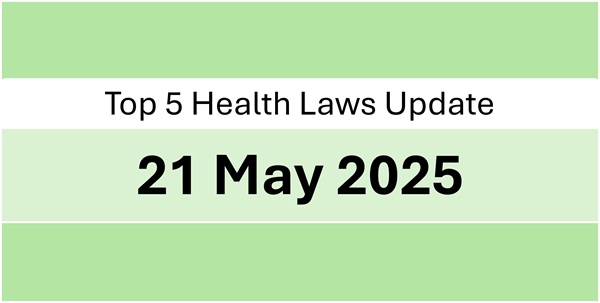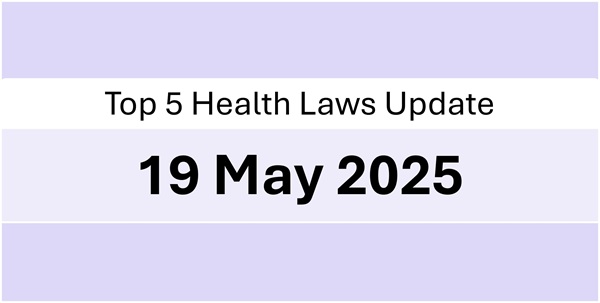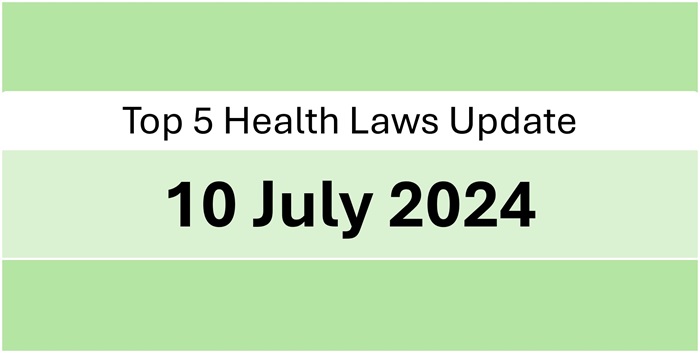Dear Readers, we are happy to share the most interesting legal and policy updates concerning health industry that we read today. we hope you enjoy reading it.
1. The Punjab & Haryana High Court mandates state government to notify rules under Mental Healthcare Act, 2017 within 60 days, addressing a 7-year delay that hampers effective implementation and delivery of mental health services.
Source: bit.ly/4k3CEpU
2. India’s Central Drugs Standard Control Organisation (CDSCO) has issued a guidance document outlining the procedure for obtaining a Free Sale Certificate (FSC) for licensed medical devices in India. It simplifies the regulatory process for submitting an application and obtaining the FSC from the Central Licensing Authority.
Source: bit.ly/3FbKQW9
3. Food Safety and Standards Authority of India (FSSAI) mandates that FBOs with expired licenses or registrations in FY 2024–2025 must submit a Closure Report via the FoSCoS portal. The report must confirm no ongoing business or provide details of a new license. Reasons for non-renewal must be stated to ensure transparency and traceability in licensing.
Source: bit.ly/3Se67kQ
4. India’s Department for Promotion of Industry and Internal Trade (DPIIT) has extended the implementation of the Quality Control Order (QCO) for household and commercial electrical appliances to March 19, 2026. The update includes relaxations for Micro, Small and Medium Enterprises, R&D and export units, supporting quality and ease of business.
Source: bit.ly/4ksMTEb
5. The Drugs Control Department of Kerala has taken an action against a private hospital for illegally stocking and selling Physician’s sample medicines at inflated prices, highlighting that sample medicines can neither be stocked nor sold by hospitals.
Source: bit.ly/3FieSaJ



